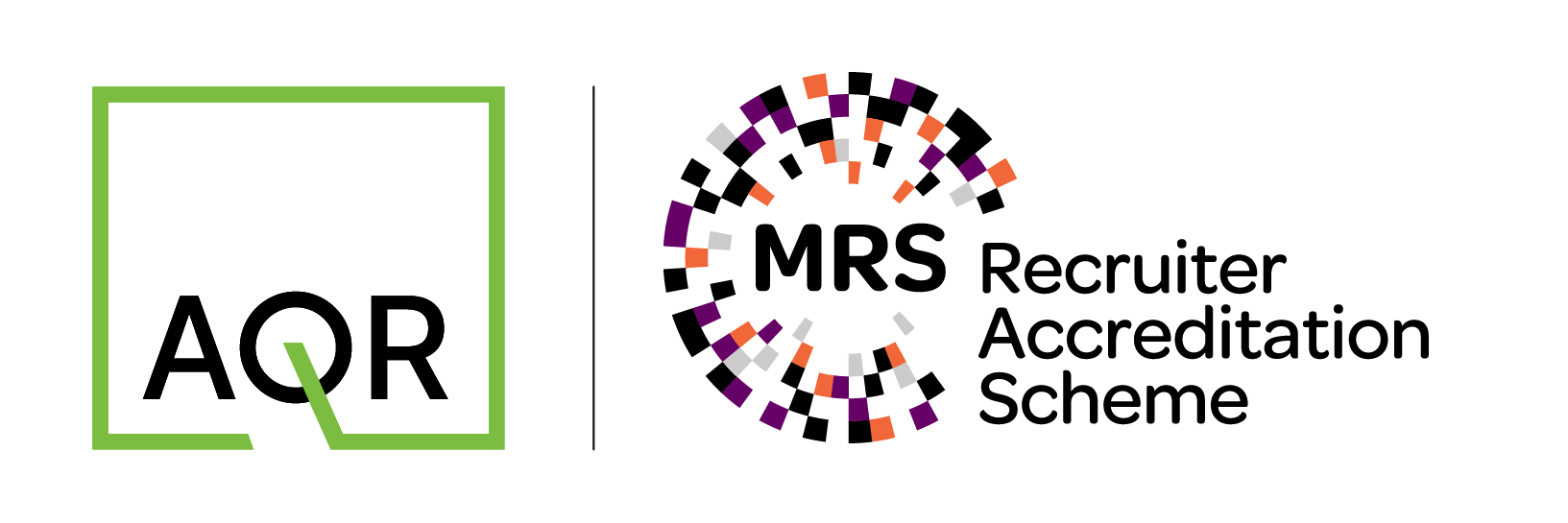All MRS websites use cookies to help us improve our services. Any data collected is anonymised. If you continue using this site without accepting cookies you may experience some performance issues. Read about our cookies here.
To enlarge video please either pause the video and then press the F key on your keyboard or select full screen button option located on the bottom right of the video.
You are currently not logged in. Any progress made will be lost.
Ensuring participant attendance
Confirmations
Once participants have been screened and accepted for a research session, a confirmation letter or email must be sent to them confirming the day, date, time, venue, incentive, pre/post-task, any particular arrangements for that project and a contact number.
It is useful to include within confirmations a website link to venues used for research as these will usually include information such as a map of the venue, directions, parking arrangements, etc.
There is nothing worse than spending hours recruiting participants for them then not to attend. You need to satisfy yourself that you have done everything possible to encourage attendance. Different types of sessions have different confirmation and reminder requirements so below are some checklists for what participants need to know.
For all types of sessions
- The MRS Code of Conduct stipulates that participants have the right to withdraw from research at any point. Advise all participants during recruitment to let you know as soon as possible if they are unable to attend so that you can re-recruit.
- Confirmation communications should be sent as soon as possible after recruitment.
- Confirmation communications should always have a contact number for venues or moderators in case participants get lost going to a venue or have trouble logging into an online session.
- If you are emailing participants confirmation details ask them to reply to the email so that you can see it has been received.
- If a pre-task is sent, ask participants to review the materials promptly and to get back to you as soon as possible if they have any queries or won’t have time to complete it.
- Reminder telephone calls or texts should be sent the day before any research session giving you plenty of time to replace anyone who cancels. If a participant doesn’t reply keep trying them.
For online sessions
- Confirmation communications should include any additional technical information such as joining/logging in details. If such details are coming directly from clients include the email address of the sender and when participants should expect to receive such communications.
- For online blogs/diaries always state exactly how much input will be required from participants as they won’t get full payment (or any payment) if it isn’t completed.
- Confirmation communications should include type of incentive e.g. (including amount), and details about when and how the participant should expect to receive incentives.
For telephone interviews
- Confirmation communications should include relevant telephone numbers that are to be used for telephone interviews (to avoid being screened out by participants) and who will be contacting them.
- Confirmation communications should include type of incentive (including amount), and arrangements when the participant should expect to receive incentives.
For in home interviews
- Confirmation communications should include the name of the interviewer, and the company name
For children sessions
- Responsible adult consent forms must be signed before any child attends a research session. The signed form is usually brought to the session.
- Confirmation communications should include type of incentive (including amount), details about when and how the participant, i.e. the child, should expect to receive incentives.
- Parents must have agreed to any incentive arrangements during recruitment at the time when responsible adult consent is being sought.
Resources


